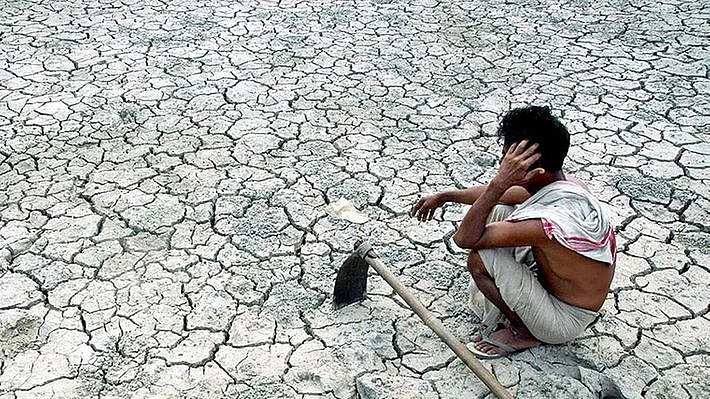Climate change affecting developing nations the most says UN
United Nations officials said developing nations were facing the brunt of climate change despite their little contribution to the problem

United Nations officials on Wednesday said developing nations were facing the brunt of climate change despite their little contribution to the problem.
A joint statement was made by Mary Robinson, Ireland's former President and UN Special Envoy on El Nino and Climate, and Executive Secretary of the UN Economic Commission for Africa (ECA) Vera Songwe during a climate-focused meeting in Addis Ababa, the Ethiopian capital.
Robinson said, "those who suffer the worst effects of climate change are often the least responsible for it".
She called for the need for climate justice as the least responsible countries suffer the most from the global threat that emanated from climate change, Xinhua news agency reported.
Robinson was appointed UN Special Envoy along with Macharia Kamau of Kenya in 2016 to provide the leadership required to tackle climate-related challenges.
ECA's Songwe said the African continent could leverage to its advantage in the global fight against the impacts of climate change.
"We didn't create it, but we can profit the most from it. A climate smart economy is an extremely profitable economy. It's an economy that will create more jobs and leave us cleaner and better," Songwe said.
Mithika Mwenda, Executive Director of the Pan African Justice Alliance, said during the discussion climate justice was not getting the priority it deserved from governments.
"Africa is most affected and impacted by climate change, but we don't do much about it. We need strong governance systems to move the climate discourse and actions forward," he said.
He urged the ECA to fortify collaboration with the African Union and the African Development Bank in line with the ClimDev-Africa programme that's mandated by African leaders to create a solid foundation for Africa's response to climate change.
Follow us on: Facebook, Twitter, Google News, Instagram
Join our official telegram channel (@nationalherald) and stay updated with the latest headlines